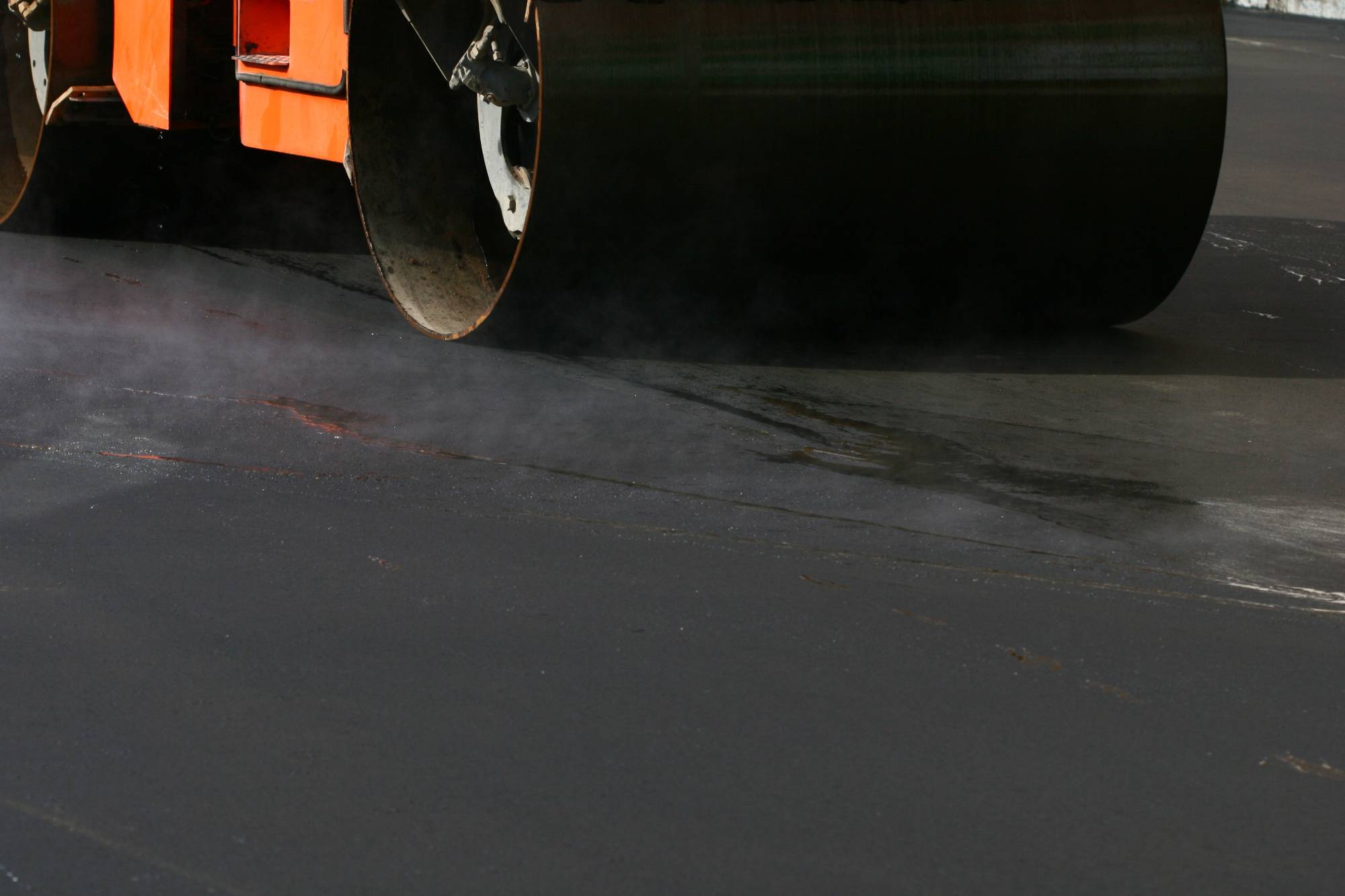- 631-796-2804
- [email protected]
- Mon - Fri: 6:30AM - 5PM
Heavy-duty commercial asphalt built for Long Island’s toughest conditions and your busiest traffic.

Hear from Our Customers

Your parking lot stops being a problem. No more emergency patch jobs, no more customer complaints about potholes, no more worrying about liability issues every time it rains.
Professional commercial asphalt means your property looks the part. Clean lines, proper drainage, surfaces that can handle delivery trucks and customer traffic without breaking down after the first winter.
You get back to focusing on your business instead of managing pavement problems. That’s what happens when commercial paving gets done right the first time.
All Purpose Paving handles commercial asphalt projects across Suffolk County. We understand the difference between residential driveways and commercial parking lots that need to handle heavy traffic, meet ADA requirements, and last through Long Island winters.
We work with property managers, business owners, and developers who need reliable commercial paving without the headaches. We’ve been serving the Gardiners Point area long enough to know local regulations and weather challenges.

We start with a site assessment to understand your specific needs, traffic patterns, and any drainage issues. No cookie-cutter approaches here – commercial properties have different requirements than residential jobs.
Next comes proper base preparation. This is where most commercial paving problems start, so we don’t cut corners. We excavate to the right depth, install proper base materials, and ensure adequate drainage before any asphalt goes down.
The paving itself uses commercial-grade asphalt mix designed for your traffic load. We coordinate timing to minimize business disruption and work efficiently to get your property back in operation quickly.

Ready to get started?
We handle commercial paving for everything from small business parking lots to large industrial facilities. We handle new installations, complete reconstructions, and major repairs using equipment sized for commercial work.
You get proper drainage systems, ADA-compliant surfaces, and line striping that meets local codes. We work with loading docks, fire lanes, and high-traffic areas that need extra reinforcement.
Every project includes proper compaction, appropriate asphalt thickness for your traffic load, and attention to details like transitions between old and new pavement. This is commercial-grade work built to handle real-world conditions.


We are a family owned and operated paving contractor servicing customers on the East end of Long Island. We specialize in all phases of paving from start to finish.